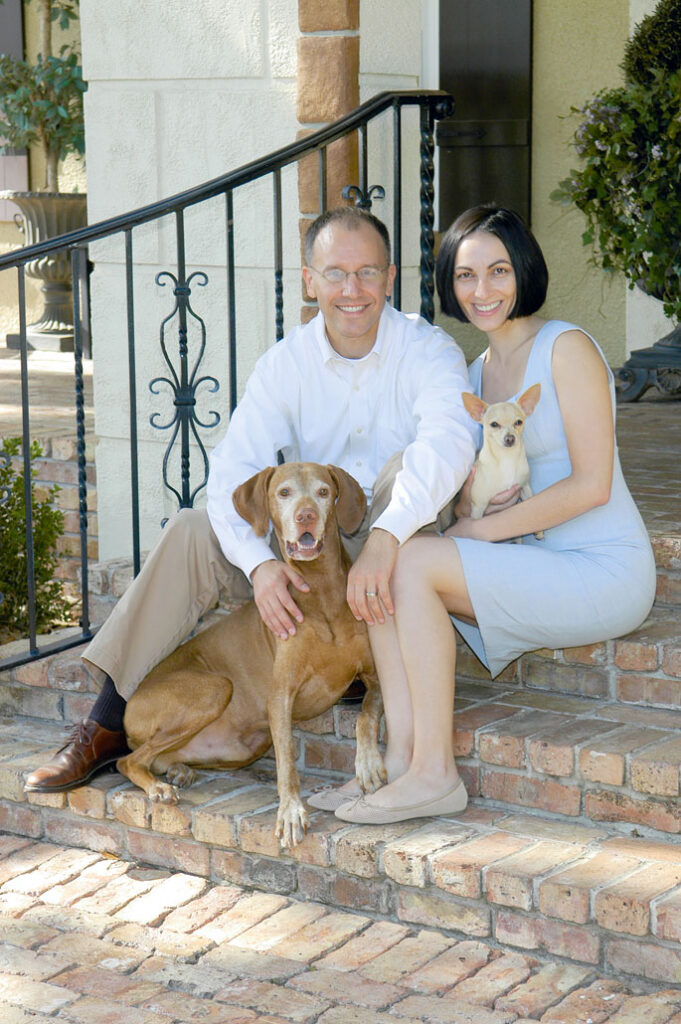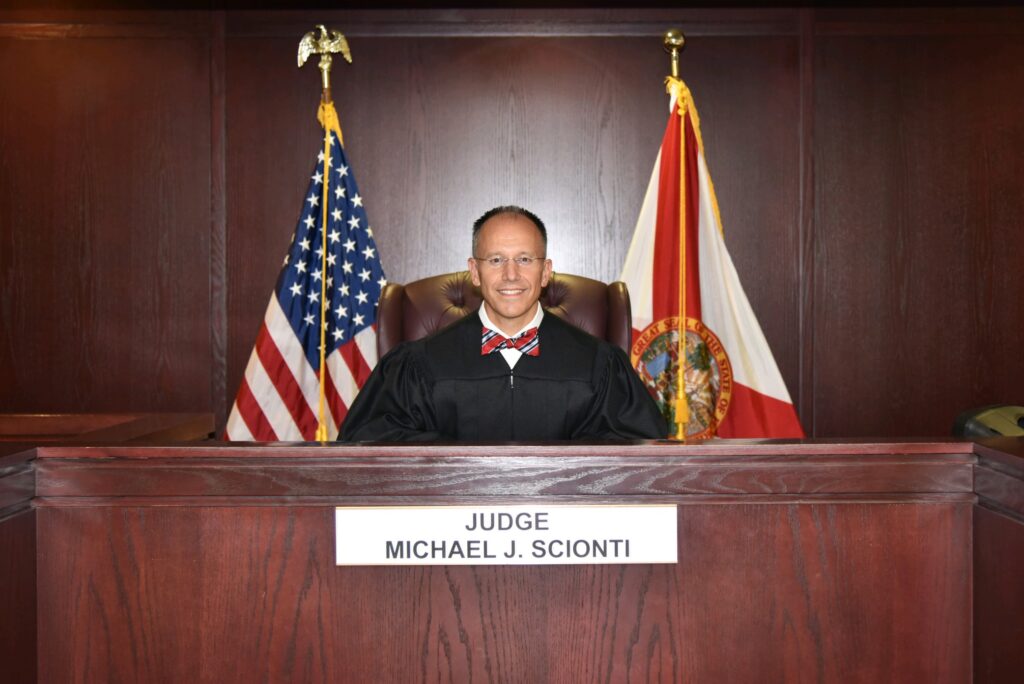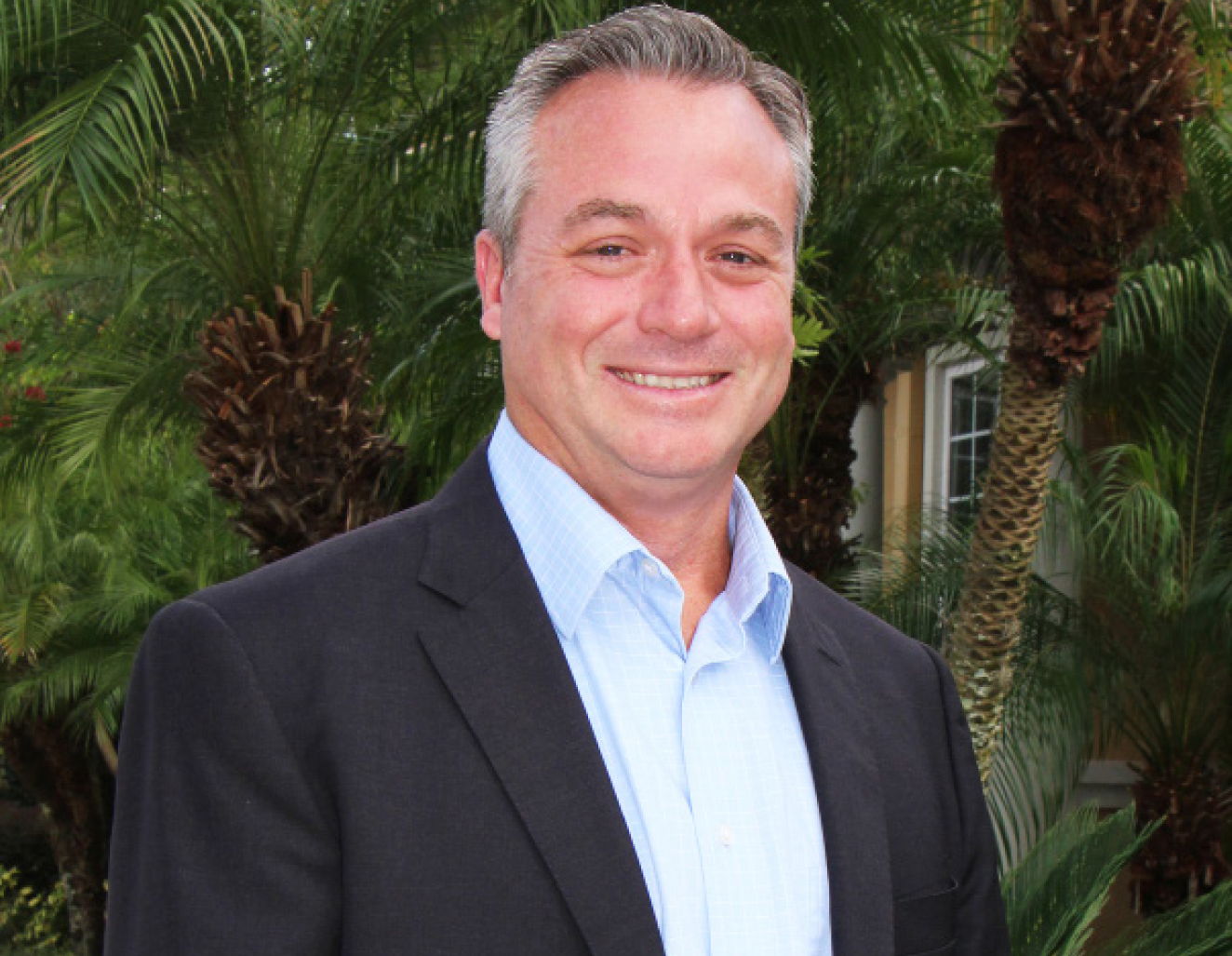
Michael Scionti has more than 20 years of experience in law, but he sounds like he is just getting started.
His first six-year term as Group 19 Circuit Judge in the 13th Judicial Court, which encompasses Hillsborough County, is about to expire, but Scionti is eager for a second term to build on his successes, particularly his work with children and the nationally-respected Veterans Treatment Court (VTC), a courtroom designed to help jailed veterans battling mental illness and substance abuse as a result of their military service.
“To be able to see the positive impact in the faces and eyes of a mother who has her child back, the eyes and tears that fall from a veteran that has his or her life back…I couldn’t imagine doing anything else,” he says.
The VTC is definitely close to his heart. Scionti has had multiple combat tours of duty in Iraq and Afghanistan, serving as a military magistrate in each.
He’s also served as a Diplomat for the U.S. State Department and has been a member of the Judge Advocate General (JAG) Corps for more than 20 years. His service gives Scionti a unique perspective for the struggles so many veterans face.
His work with the VTC, which he describes as a “collaborative” court, has gained national prominence, with a push to get the program implemented across the country. Scionti says Tampa City Council member Luis Viera, who has endorsed him in his race against challenger Ashley Ivanov, played a key role in starting the VTC in 2014.
The court offers programs for military veterans who have been charged with crimes and/or suffer from mental illnesses, traumatic brain injuries, substance abuse and other issues related to their service.
“I try to get veterans out of jail and into treatment,” Scionti says. “There’s no punishment in my courtroom, only encouragement in trying to re-crack the code for these veterans, to help them learn how to problem-solve for themselves.”
According to a 2018 report by the U.S. Department of Justice, an estimated 79 percent of released prisoners were arrested within six years. The VTC reports that its recidivism rate is only 10 percent.
“It’s working,” Scionti says. “We’re very proud of it.”

Scionti graduated from Florida State University in 1990 with a B.S. degree in Criminal Justice and in 1996, he earned his Juris Doctor (J.D.) degree from South Texas College of Law in Houston.
He has held positions as an assistant Attorney General, an assistant State Attorney and an assistant statewide prosecutor.
He served in the Florida House of Representatives from 2006-10, followed by a stint in the U.S. Department of Defense.
In 2012, Scionti was chosen by Secretary of Defense Robert Gates and Secretary of State Hillary Clinton for a mission to help the U.S. transition detainee operations away from the U.S. government to the Afghanistan government. Scionti played a key role in helping create an Afghani criminal justice system.
By constructing a previously nonexistent system that focused on everything from forensics and building cases to delivering verdicts, Scionti’s efforts helped allow allowed the Afghani government to assume the prosecution of the Taliban.
“Before that, I was not even sure I was ready to be a judge,” Scionti says. “But, I thought after all of this experience, you know what, I have perspective; I have common sense solutions that I’ve applied at international, national and state levels, I think I’m going to be an effective judge. So, I came back home and ran for judge.”
He was elected to his six-year term with roughly two-thirds of the vote.
While Scionti says he is guided by many principles, the strongest one may have formed on the battlefields of Iraq.
He gets choked up when recalling being in a convoy in Iraq where two soldiers, both with wives and children, were killed by an IED. Scionti was unmarried at the time and, to this day, says he would have gladly taken that hit for them.
“When I sit on this bench and I’m presiding over these veterans who are struggling, I think about those soldiers who are no longer here,” Scionti says. “I’m certainly hoping that through my service, making the life that I have worthwhile, because I had the chance to come back…I’m doing the best I can to give back. That’s all.”
Scionti, who spends his spare time taking turns with wife Zsuzsanna doting on their rescue dogs General and JoJo, has a slew of endorsements from the likes of Viera, public defender Julianne Holt, former Tampa Mayor Bob Buckhorn and former Florida Chief Financial Officer Alex Sink.
For more information, visit JudgeScionti.com.











